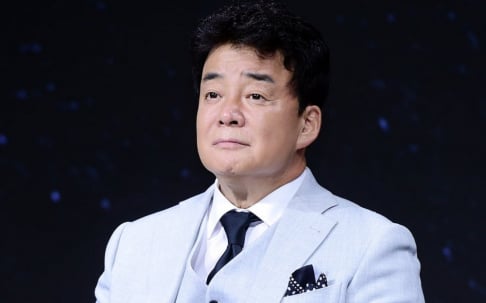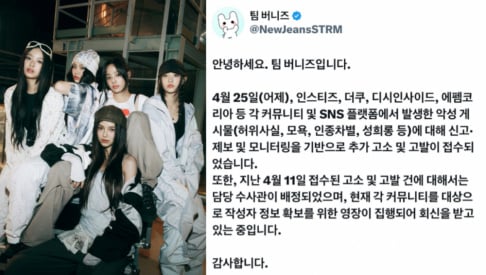
The issue of budget is becoming an increasingly pressing concern in the domestic K-drama industry.
Industry insiders have recently shed light on the struggles of the domestic K-drama industry. All three of the major public broadcasting stations - KBS, MBC, and SBS - are currently struggling to earn significant profit from large-scale drama projects. All but a few standout cases of mini series typically broadcast on weekday evenings have recorded poor performances in terms of viewership rating, trends, etc. This pattern has prompted the above broadcasting stations to rely on daily dramas and weekend dramas for consistent viewership and performance.

A similar observation can be made with the two major cable broadcasting stations - tvN and JTBC.
In fact, some of these stations have decided to temporarily halt the airing of dramas during the Wednesday and Thursday nights time slot due to poor viewership ratings from recent productions.

In the case of streaming service platforms, one particular platform has taken an overwhelming lead in terms of positive performance and viewership, while the others are being left in the dust. Netflix is currently dominating the K-drama industry with at least one new production premiering each month, with a slew of both original content and big-budget acquisitions awaiting premiere.
Reportedly, both the domestic streaming platforms TVING and Wavve are currently suffering from losses amounting to 100 billion KRW. In the case of Disney Plus Korea, it was recently announced earlier this month that the K-original content production team has been dissolved, and that no more new Disney Plus Korea original contents will be produced after 2023.

The heart of the issue deals with the massive production budget of high-quality dramas in recent years. With the global success of K-dramas as a unique brand in itself, many top stars are now demanding high performance fees never-before-seen in the industry. Those actors and actresses considered relatively "top tier" in the industry are demanding somewhere around 1 billion KRW (~ $764,000 USD) per episode for a drama production.
On top of that, recent changes in Korea's labor laws have systemized higher weekly pay rates for staff working on entertainment production filming sets, also contributing to rising production costs.
Even after acquiring the massive budget needed to produce a blockbuster drama, production companies are facing roadblocks in finding a broadcasting station or a streaming platform to distribute their projects. As success, and profits, from investing in such massive budget productions is not guaranteed, all parties involved are unwilling to take risks.

What do Korean netizens have to say about the recent issue?
Many are of the opinion that the industry should seize this opportunity to discover new talents, rather than turning to the same "top tier" stars for every project. Some commented,
"1 billion KRW? It's about time these stars lowered their fees."
"This seems like the right time to give rookies an opportunity to shine..! It will take some time and adjusting, but hopefully new stars will be born."
"I began watching TV again recently, and I was surprised how few dramas are airing. It's mostly variety shows on the schedule. And the dramas these days have so much product placement... really shows how much fees these actors are asking the broadcasting station to cough up."
"I think I would actually prefer to watch some fresh faces who have promising skills. It's kind of boring to watch the same old actors again and again. Their past roles left such a strong impact that it's hard to focus when they portray new characters."
"1 billion KRW per episode... it's becoming too much."
"The wage disparity in this industry has entered a whole other world."
"It's too early to follow Hollywood-level budgets. Hopefully the K-drama market will continue to see healthy, steady growth."
"The top actors and actresses need to stop demanding treatment like they're gods. The filming staff and crew should receive better treatment and better wages. And rookies should have more opportunities."
 SHARE
SHARE













































Squirreltoo (Banned)9,061 pts Saturday, June 24, 2023 2I know they're probably talking about the domestic market, but I would watch content on Korean streaming services if it was easier to access from my country and offered English subtitles. Instead I get the same message, over and over again "sorry, this content is not available in your country" 🙄
2 more replies